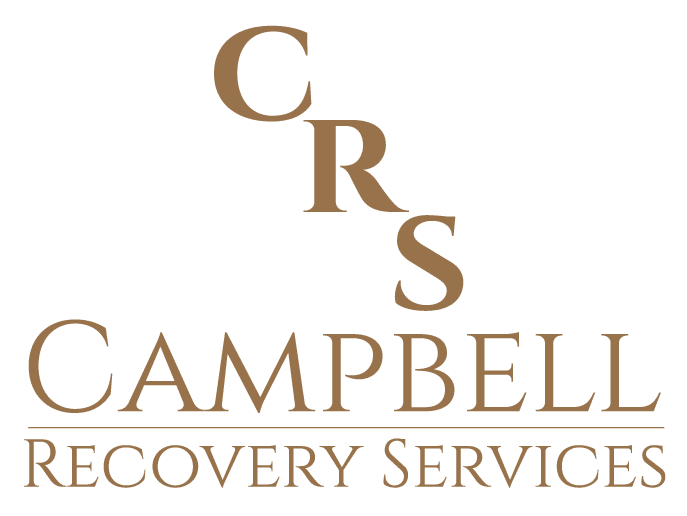Attending a residential treatment center for addiction can be one of the hardest decisions you make, committing fully to the process of recovery. However, this can also offer you the best chance at long-term recovery, as you are able to focus solely on your sobriety without external factors that may derail the process. As an addict or someone suffering from compulsive behaviors, you are likely surrounded by toxicity in your environment. By removing yourself from these toxic surroundings, including friends and family that may be enabling your behavior, you can give yourself fully to the treatment process. Residential, inpatient treatment for addiction and compulsive behavior is one of the most important steps that you can take in your commitment to recover.
Eliminating Distractions and the Ability to Walk Away Through Inpatient Addiction Treatment
At a residential treatment center for addiction recovery, you can be sure that all external distractions will be removed, so that your sole focus can be on your recovery. In many cases, communication with others outside the treatment program is non-existent or at a bare minimum. This means that your focus can be on healing your mind and body, without the distractions and stresses of everyday life.
Seeking treatment at an inpatient addiction center can make it much more difficult to walk away and resume your addiction. This full commitment, with both your body and mind, can hold you accountable throughout the process of recovery. Distancing yourself from triggers, whether people, stresses, or the environment, that can encourage you to abuse alcohol or drugs can go a long way to establishing these first steps of sobriety in a safe environment.
Structure and Routine Can Set You Up for Success in Your Journey to Recovery
A residential treatment center focuses on routine and structure, developing a daily routine so that patients can know what to expect from one day to the next. This is an important step toward teaching those in recovery how to live without substance abuse in their lives. Eliminating the down time to focus on cravings can go a long way to developing healthy habits that can continue long after leaving treatment.
Those suffering with addiction and compulsive disorders will find solidarity through a residential program. Being surrounded by others who are sharing similar journeys and struggles can help to eliminate the isolation that many addicts feel as they begin the recovery journey. This, combined with individual and group therapy, can set you up for success when you return to the challenges of regular life.
Establishing a routine, substance-free while in an inpatient recovery facility can go a long way to developing healthy habits and coping skills that will be necessary after treatment. Setting the addict up for success through this type of inpatient treatment program can offer the best chance of long-term sobriety. The tools and skills that will be developed at a residential treatment center are the foundation that can then be taken and used when returning to life.





